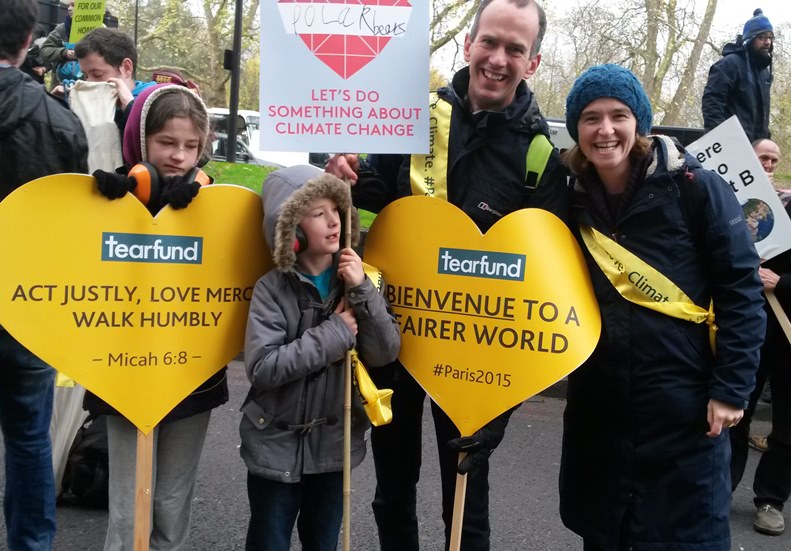This post was contributed by Dr Becky Briant, senior lecturer in Physical Geography at Birkbeck’s Department of Geography, Environment and Development Studies (GEDS)
![Paris_skyline_from_the_observation_deck_of_the_Montparnasse_tower,_July_2015 - By Joe deSousa (Paris skyline) [CC0], via Wikimedia Commons](http://blogs.bbk.ac.uk/bbkcomments/files/2015/12/Paris_skyline_from_the_observation_deck_of_the_Montparnasse_tower_July_2015-By-Joe-deSousa-Paris-skyline-CC0-via-Wikimedia-Commons.jpg) Each December for the past six years I have sat in a lecture room on a Tuesday evening in December and had the same conversation with a new group of students on my Climate Change module – what will be the outcome from the latest round of climate negotiations?
Each December for the past six years I have sat in a lecture room on a Tuesday evening in December and had the same conversation with a new group of students on my Climate Change module – what will be the outcome from the latest round of climate negotiations?
In 2009, I had only just launched the Birkbeck MSc in Climate Change Management. The Copenhagen COP was all over the news and hopes were high. One of my students worked in government and was actually there – sending back a daily briefing and entertaining us all with stories of Ed Miliband being woken up to respond to the hasty US-China deal that was brought together in the last few hours. But in the end it felt like failure. And the next few years were very quiet. It was hard to find useful resources online for the students to read and it seemed like no one expected the annual negotiations to yield much that was new.
Yet slowly things have been changing. Now, at COP 21 in Paris, it feels again like a useful deal might be struck. We have greenhouse gas emissions pledges on the table from most of the countries in the world and it seems like we have a chance of a useful reporting and review framework to surround them. It’s not yet enough, but it’s close enough and important enough that I took my family on the annual climate march for the first time. They were too small in 2009 for Copenhagen and perhaps I was too complacent about the hopes for a deal.
What we need to do
We need a deal to work this time though. We need to move on from the details of frameworks to actually acting to reduce emissions, as so many of our Birkbeck alumni already are across government, business and the third sector. We need to start holding countries accountable to their pledges, and urging joined up thinking in Governments as yesterday’s analysis of how many future coal fired power stations are planned in various economies shows.
The pledges we have now are a good start, but they are only that. Research by the Climate Interactive team at MIT shows that in themselves they will only limit global average surface warming to 3.5 degrees Celsius above the 1850 pre-industrial baseline. This is well above the 2 degrees that the world agreed at Copenhagen would constitute ‘dangerous’ climate change.
It starts to run the risk of crossing thresholds in the climate system such as complete Amazon forest dieback due to extreme drying which would severely affect the amount of carbon dioxide the land system can store for us. Or melting of the Greenland and West Antarctic ice sheets, causing sea levels to rise by some 7m. Once these tipping points are crossed, the system would be changed forever – at least longer than any human lifetime – and the new system would act to reinforce the changes seen. For example, losing the ice sheets would lower the reflectiveness of the earth’s surface, causing it to absorb more energy and so heat the world further.
The current pledges on the table only run until 2030 so there is plenty of scope for more ambitious pledges to reduce projected warming further, detailed very helpfully by the Climate Interactive team here:
The action required to have a strong chance of actually staying below 2 degrees Celsius rise in temperature is challenging and I don’t think we can scale up the technologies required in time. But I am hoping that in another six years’ time my students and I will be having a very different conversation. And that my children will get to raise their children in a world that still has an Amazon rainforest and ice sheets at the poles because we acted now to stabilise temperature rise to at least near the 2 degree limit.
Find out more




